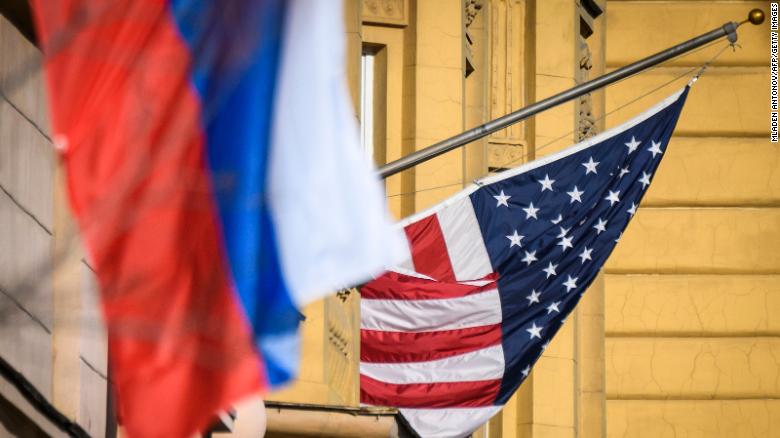The Kremlin on Tuesday rejected assertions by the Trump administration that the US and Russia had come to a “gentlemen’s agreement” on extending a key arms control agreement and dismissed the idea that a deal would be reached before the US presidential election.
US Special Presidential Envoy for Arms Control Marshall Billingslea on Tuesday said he believed “that there is an agreement in principle at the highest levels of our two governments” for the US to extend the New START Treaty “for some period of time” in exchange for Russia freezing its nuclear arsenal.
Russian Deputy Foreign Minister Sergey Rybakov quickly rebuffed the comments, saying the position on freezing the arsenal was “unacceptable,” according to state run news agency RIA Novosti.
Moreover, Ryabkov said that the US would not get an agreement on strategic arms control from the Kremlin in the run-up to the election.
“If the Americans need to report to their superiors something about allegedly reaching an agreement with the Russian Federation before their elections, then they will not get it,” Ryabkov said.
Billingslea and Ryabkov met in Helsinki in early October following a meeting between US national security adviser Robert O’Brien and Nikolai Patrushev, the top national security adviser to Russian President Vladimir Putin.
Billingslea said in his remarks at the Heritage Foundation Tuesday that he believed that an agreement in principle had been reached and “that’s why (he) cut short my trip to Asia and made a beeline for Helsinki when the Russians called and wanted to sit down.”
The Trump administration had initially voiced opposition to extending the New START Treaty, which is set to expire next February, and instead called for a multilateral agreement with Russia and China. Beijing repeatedly rebuffed efforts by the US to get them to the negotiating table. But with pressure from President Donald Trump and the election in just three weeks, the US negotiator expressed a desire to move ahead with a bilateral agreement that he hoped would lead to a multilateral one.
“We put forward a series of measures that would give some confidence in their abiding by a freeze. And we’re willing to adopt reciprocal measures on end,” Billingslea said. “But everything we agree with the Russians must be framed and must be formatted in a way that allows us to extend that arrangement to the Chinese when they finally are brought to the negotiating table.”
>>>>

